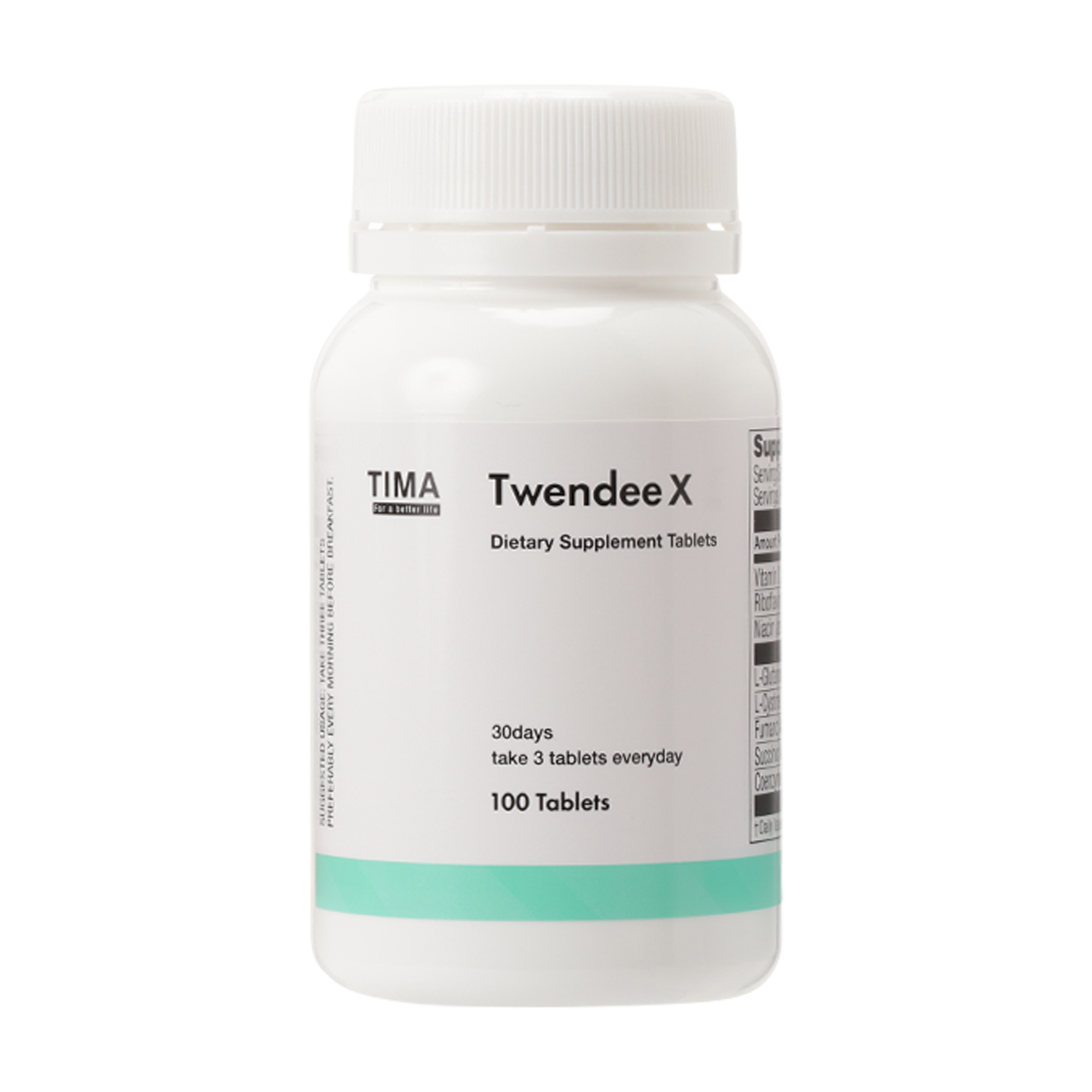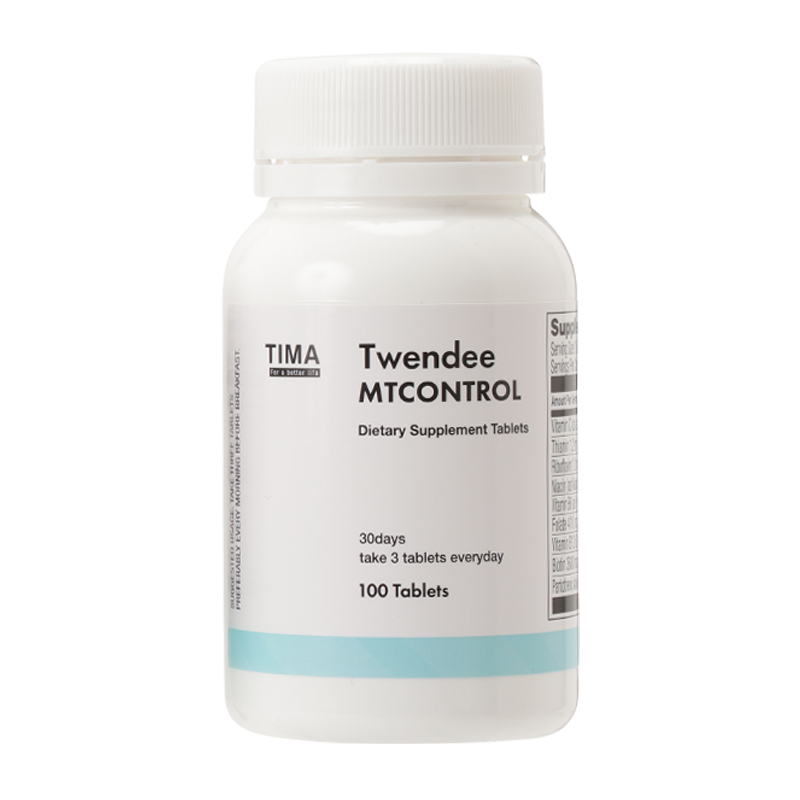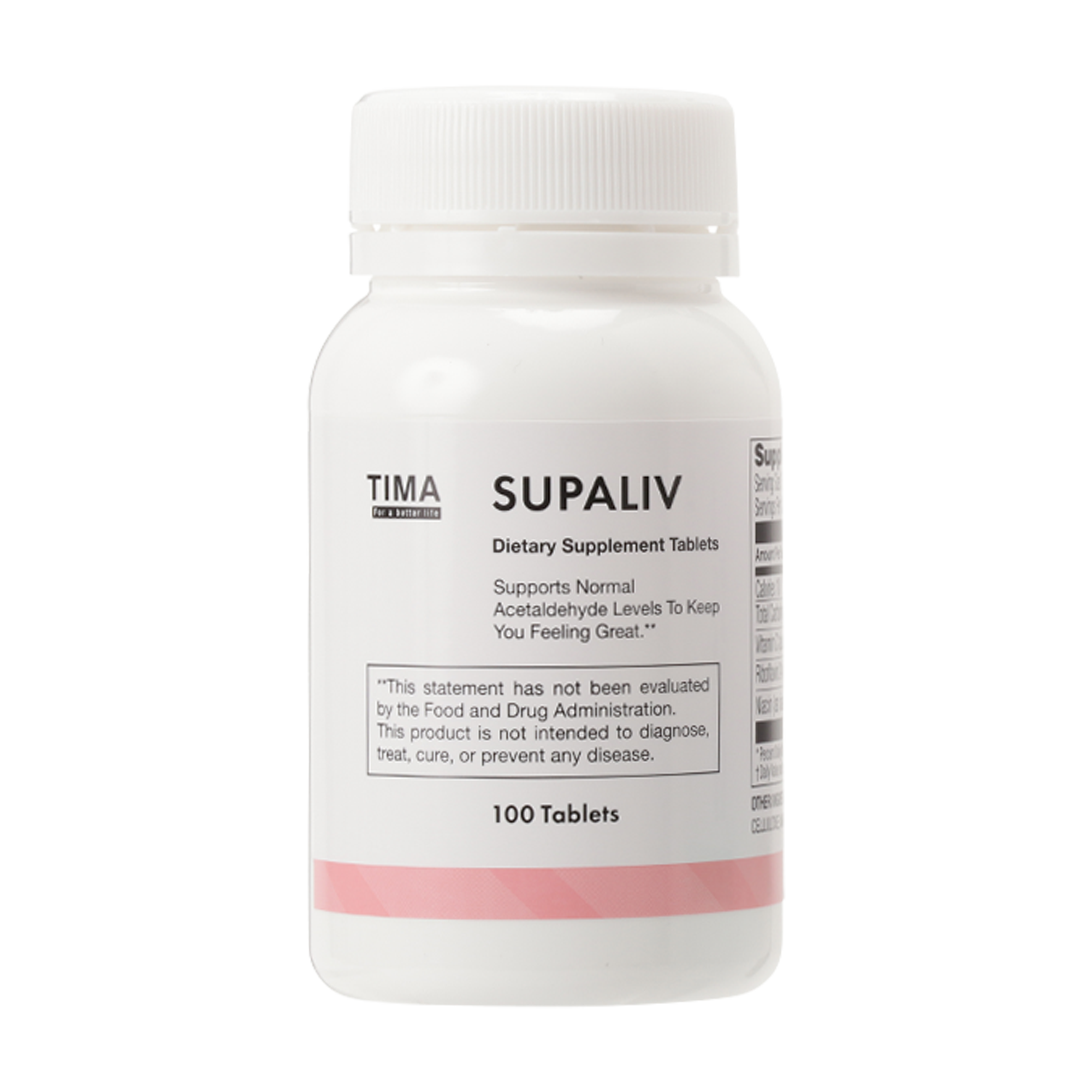Thesis on Oxidative Stress and "myocardial infarction"
- Paper title
- Persistent oxidative stress after myocardial infarction treated by percutaneous coronary intervention.
- Abstract summary
- Percutaneous coronary intervention is aimed to allow myocardial re-oxygenation.
- Authors
- V. Nikolić-Heitzler, Filip Rabuzin, F. Tatzber, N. Vrkić, N. Bulj, S. Borović, W. Wonisch, B. M. Sunko, N. Žarković
- Journal
- Tohoku journal of experimental medicine
- Semantic Scholar URL
- https://semanticscholar.org/paper/129b4ec78828b601ccfc5f5618dd0c703d01c68a
- Abstract
-
Acute myocardial infarction causing cardiac ischemia is responsible for the majority of cardiac related deaths. Medical interventions that ensure rapid reperfusion, such as percutaneous coronary intervention, are aimed to allow myocardial re-oxygenation. However, this generates reactive oxygen species, resembling ischemia-reperfusion type of injury based on oxidative stress. In the present study we monitored dynamic changes of total serum peroxides, total antioxidant capacity and soluble intercellular adhesion molecule-1 as well as the titer of antibodies against oxidized low-density lipoproteins in the blood during the convalescence period of 32 patients with acute myocardial infarction treated by percutaneous coronary intervention. Samples were taken at admittance and at two hours, four hours, three days and seven days following percutaneous coronary intervention. Total antioxidant capacity dropped to 82% (p < 0.05). The titer of antibodies against oxidized low-density lipoproteins transiently decreased within the first three days, and increased afterwards. The values of serum peroxides and soluble intercellular adhesion molecule-1 increased continuously in respect to the initial levels reaching the maximum at the time of release from hospital. These findings indicate a persistent oxidative stress that might be associated with intravascular inflammation in patients during convalescence and release from hospital.








